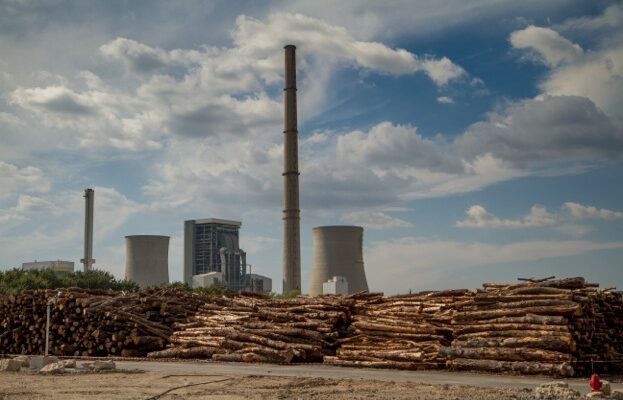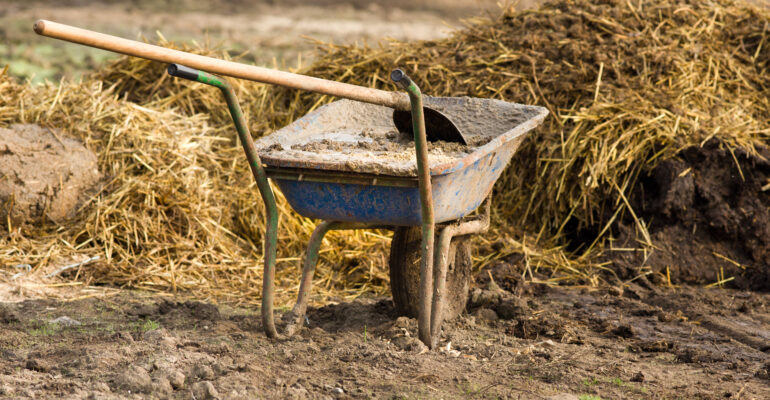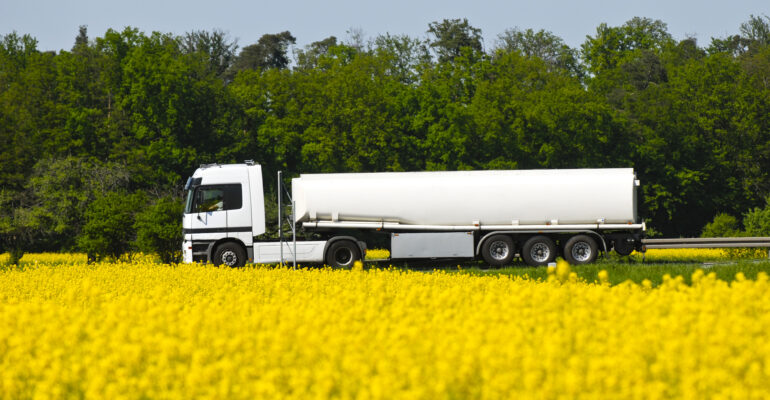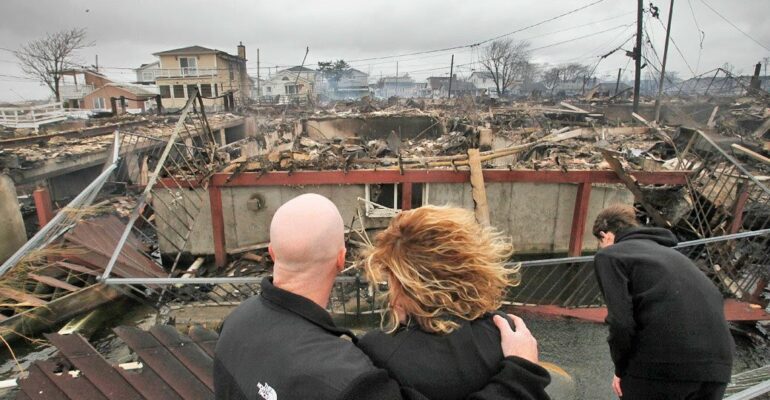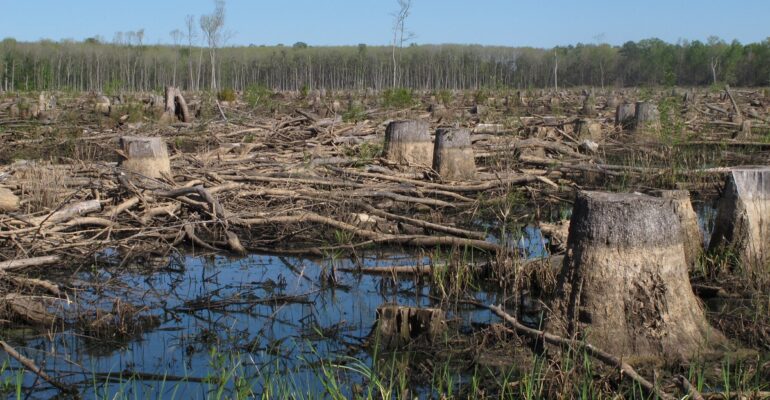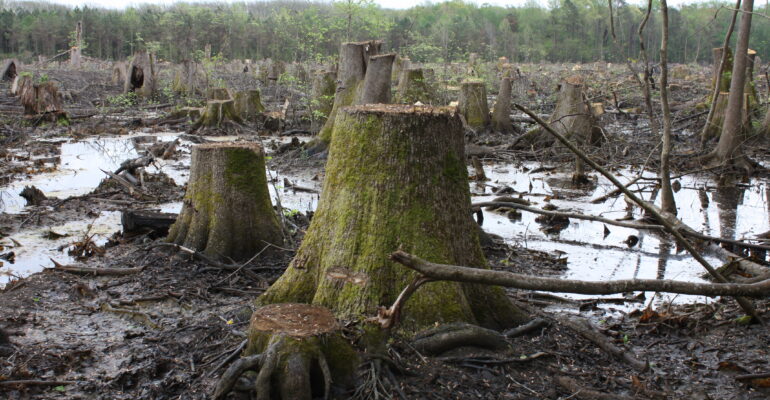News
New publication: the Black Book of Bioenergy
New publication: the Black Book of Bioenergy We’re excited to announce that on 22 November, BirdLife Europe and Central Asia, in collaboration with Transport & Environment, launched our new joint publication: The Black Book of Bioenergy. Following extensive on-the-ground investigation, and after consulting an array of local sources, we have collected
Leaked Renewable Energy Directive fails the test on bioenergy
Leaked Renewable Energy Directive fails the test on bioenergy By Sini Eräjää, EU Bioenergy Policy Officer, Birdlife Europe and Central Asia and the European Environmental Bureau. Negotiations in the European Commission about new legislation on renewable energy are gearing up. Leaks of the negotiated text earlier this week in the
How much biomass can Europe burn?
When it comes to the sustainability of Europe’s bioenergy use, the scale of it is absolutely crucial. There are sustainable biomass sources that we can and should use for energy, but there’s only a limited amount of them available.
A volume target for biofuels is not the way to go
At the end of October, a group of European NGOs wrote to the Commission to highlight their recommendations for an ambitious sustainable low carbon transport fuels policy after 2020. A new Commission proposal to revise the current Renewable Energy Directive is expected before the end of the year and several options are on the table.
French NGOs fire back against the French biodiesel lobby
A political debate about where renewable energy is heading post-2020 has started, so it’s not a coincidence that the biofuels industry is pulling out some big guns to extol its merits. The Réseau Action Climat (RAC), France nature environnement; the Fédération nationale d’agriculture biologique; Oxfam France and La Confédération paysanne, have just fired back with some weapons of their own.
The dark side of molasses
Have you ever wondered what makes real Belgian speculoos so special? The secret is molasses, a sweet, dark brown syrup, used not only for Sunday pancakes but also in many food (BBC recipes here) and feed products.
Southern U.S. Elected Officials Stand for Forests
Across the Southern United States, natural disasters have steadily increased in number and severity, causing loss of life and billions of dollars in damage. It’s clear that the impacts of global climate change are happening here and now. At this very moment Hurricane Matthew is bearing down on the Southeastern coastline, forcing communities in South Carolina, Georgia, and Florida to evacuate.
All eyes on the Commissioners on the International Day of Action on Bioenergy
October 19th is the International Day of Action on Bioenergy, a day to raise awareness about the impacts of the growing bioenergy industry driven by unwisely designed renewable energy policies. As we know, in many cases bioenergy hasn’t exactly lived up to the promises of renewable energy such as emission reductions and environmental protection – in many cases the impacts have been quite the opposite.
Photoblog: a story of southern destruction
Seeing is believing, and witnessing first-hand the devastating effect that the European Union’s renewable energy policy is having on the forests and wetlands of the Southeast United States, offers overwhelming evidence of the urgent need to act.


